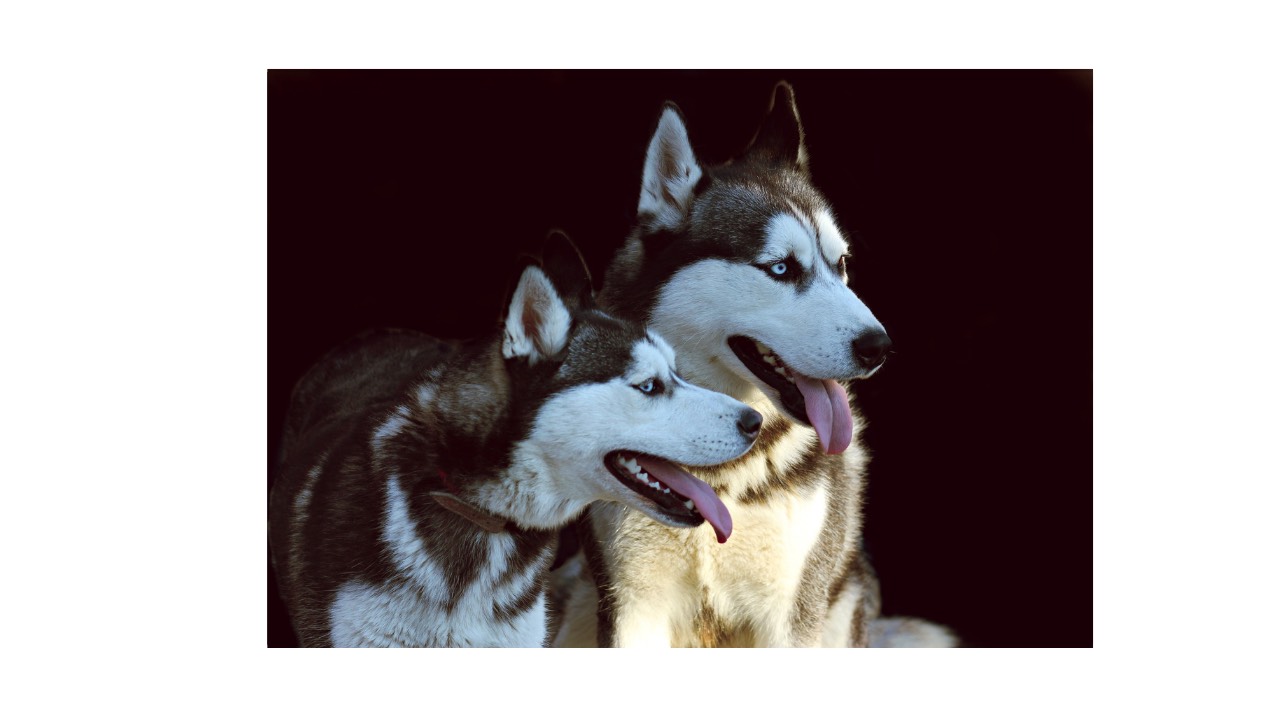FAQ: What Is The Difference Between A Dog Trainer & A Behaviorist?
Feb 16, 2024
What Is The Difference Between a Dog Trainer & a Behaviourist?
(Hint: It’s about skills, scope, and science!)
If you’ve ever Googled “dog trainer near me” or “dog behaviourist near me,” you might have wondered… what’s the difference?
They both work with dogs. They both help solve problems. And they both care deeply about improving the lives of dogs and their people. So, aren’t they the same thing?
Well… not exactly. Let’s break it down.
Dog Trainers: Teachers of Skills & Everyday Manners
Most dog trainers focus on:
-
Obedience skills like Sit, Down, Stay, Come, Loose Leash Walking
-
Basic behaviour modification for common issues (like jumping, pulling, or mild fear)
-
Lifestyle skills such as crate training, recall, or polite greetings
-
Fun extras like tricks, sports foundations, or special skills for therapy work
Trainers are the “teachers” of the dog world—they help you communicate with your dog, teach them the skills they need to succeed, and prevent small issues from turning into big ones.
A well-trained dog is not only easier to live with, but also happier and more confident.
Behaviourists: Specialists for Complex Behaviour Challenges
Behaviour professionals (often called behaviourists) step in when problems go beyond everyday training needs. They typically work with advanced cases such as:
-
Fear and phobias (storms, strangers, vet visits)
-
Aggression towards people or other animals
-
Severe anxiety and separation distress
-
Compulsive behaviours (tail chasing, excessive licking, pacing)
-
Complex multi-dog household issues
Think of a behaviourist as a specialist doctor—they handle cases where safety, well-being, and emotional health are at stake. Many behaviourists have advanced certifications or academic backgrounds in animal behaviour, and they often work in collaboration with veterinarians.
The Overlap
The line between trainers and behaviourists can sometimes blur—experienced trainers with additional education may take on mild to moderate behaviour issues, and some behaviourists also teach basic skills. The key difference lies in:
-
The complexity of the behaviour
-
The education and experience of the professional
-
The tools and protocols they use (and ideally, they are always science-based and humane!)
Why This Matters for Aspiring Professionals
If you’re considering a career in dog training, you don’t have to start as a behaviourist. In fact, most professionals begin as skilled trainers, helping families with basic training and early behaviour modification before deciding whether to pursue advanced behaviour work later.
Dog owners are becoming increasingly selective—they want trainers who are educated, certified, and committed to positive reinforcement. That means if you’re going to call yourself a professional, you’ll need proper training yourself.
Start Your Career with Good Dog Academy
At Good Dog Academy, our Professional Pet Dog Trainer Certificate Program gives you:
-
A science-based, positive reinforcement curriculum—no outdated aversive methods
-
In-depth lessons on canine behaviour and learning theory
-
Practical training skills for real-world scenarios
-
Guidance on basic behaviour modification
-
A full Business for Pet Dog Trainers module to help you start and grow your own business
Whether you choose the Basic or Bundle program, you’ll graduate ready to make a real difference in the lives of dogs and their humans.
Final Word
In short:
-
Dog Trainers = Everyday skills, manners, and mild behaviour challenges.
-
Behaviourists = Complex behaviour cases requiring advanced intervention.
Both roles are incredibly important. And with the right education, you can start as a trainer and decide how far you want to go in the field.
📍 Want to become a professional dog trainer and help dogs live their best lives? Learn more at GoodDog-Academy.com





